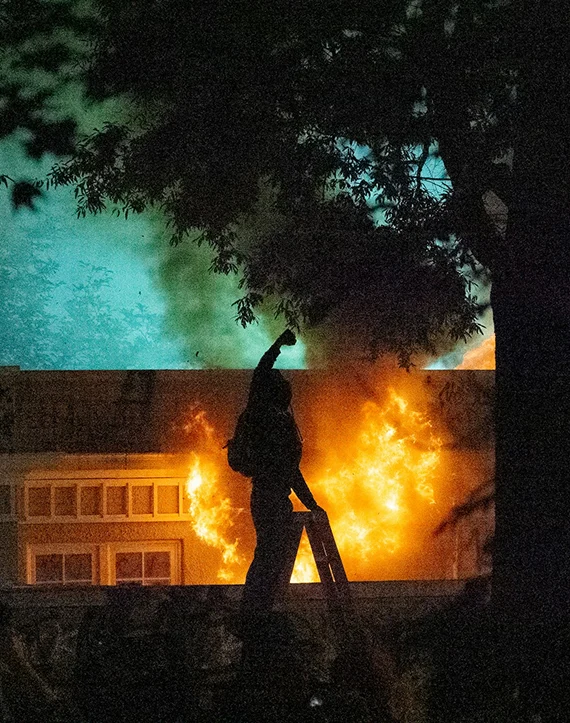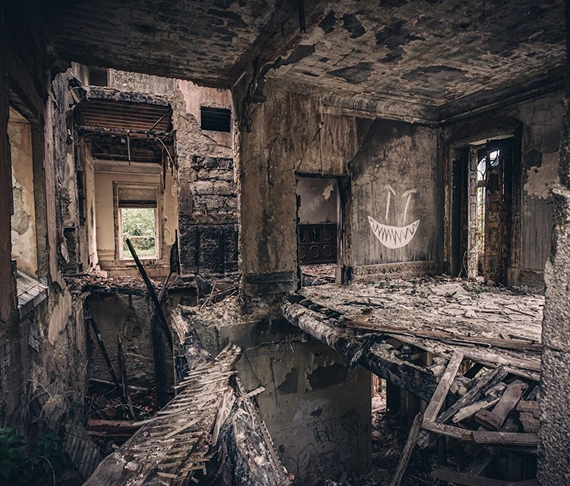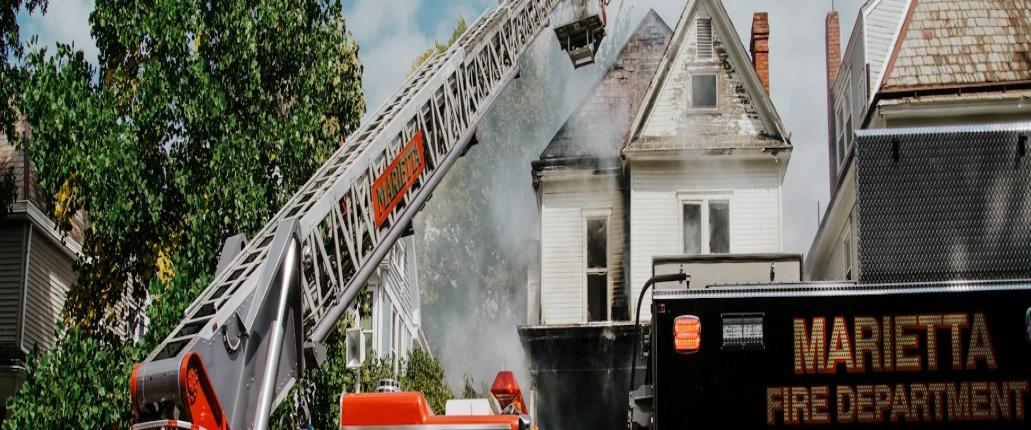What Does an Insurance Adjuster Do?
An insurance adjuster is a specialist appointed by your insurance company to evaluate the damage to your property and decide the amount to be paid on your claim.
Their main aim is to reduce the insurance company’s costs, which might not always be in your favor. It’s important to understand this as you get ready to work with them.

Actions to Take Right After a Fire
1. Prioritize Your Safety First
First, make sure everyone is safe and wait for the fire department to declare the property safe to enter.
2. Contact Your Insurance Company Without Delay
Reach out to your insurance company promptly to report the fire. Reporting quickly is usually required to ensure your claim is handled smoothly.
3. Thoroughly Record the Damage
Take clear photos and videos of all damaged areas and items. Make a detailed list of the affected belongings, including their estimated value, purchase date, pictures, and any receipts you have.
Note: This documentation is important evidence to support your claim.
Getting Ready for the Adjuster’s Visit
1. Go Over Your Insurance Policy
Understand your policy’s coverage limits, exclusions, and deductibles. Knowing what you are entitled to will help you during conversations with the adjuster.
2. Protect the Property
Take appropriate measures to prevent additional damage, like boarding up windows or covering open areas. However, hold off on making any permanent repairs until the insurance adjuster has completed their inspection.
3. Get Repair Estimates
Consider requesting independent repair estimates from licensed contractors. These can serve as a reference point and help you negotiate if the adjuster’s estimate appears too low.
During the Adjuster’s Visit
1. Be Present and Involved
Join the inspection to share your firsthand observations and address any questions the adjuster might have.
2. Communicate Clearly and Accurately
Provide objective and factual information about the incident and damages. Avoid guessing or accepting blame, as this may negatively affect your claim.
3. Keep a Record
Write down details of all conversations with the adjuster, including dates, times, and important points discussed. This information can be helpful if any issues or disagreements come up later.

After the Adjuster’s Visit
1. Check the Adjuster’s Report
Review the adjuster’s evaluation thoroughly to ensure it is accurate. If you notice any errors or missing details, share your own documentation and repair estimates to support your claim.
2. Negotiate When Needed
If the settlement offer falls short of your actual losses, don’t hesitate to discuss it. Present your supporting documents clearly and confidently to help secure a fair resolution.
3. Seek Professional Help if Needed
If negotiations become difficult or you feel unsure about the process, consider hiring a public adjuster or consulting an attorney who specializes in insurance claims. These experts can represent your interests and help you secure a fair settlement.
Work with Excel Adjusters
At Excel Adjusters, we represent your best interests—not the insurance company’s—through every stage of your fire damage claim. From assessing structural loss to documenting smoke and soot damage, our licensed public adjusters handle the details and fight to secure the full settlement you deserve.


